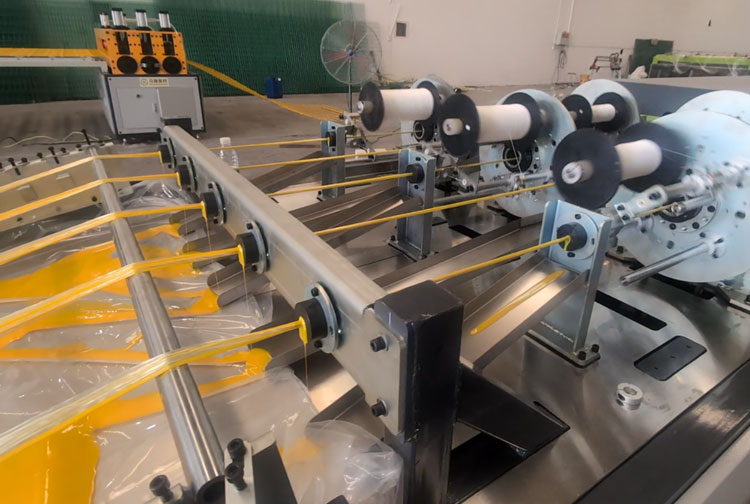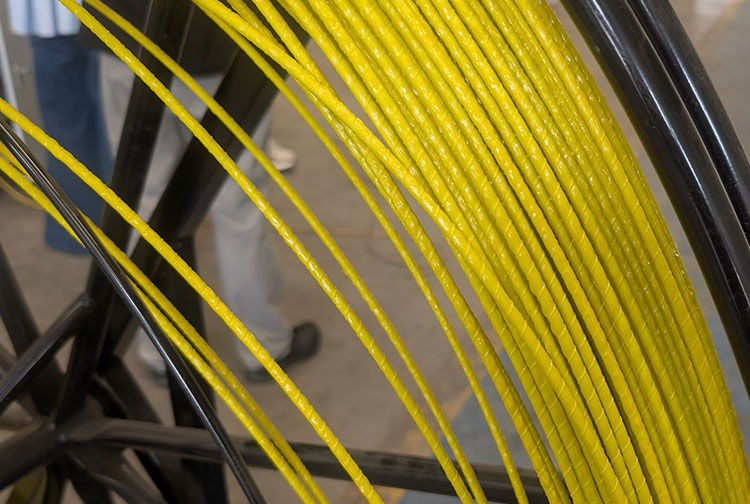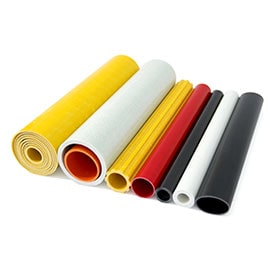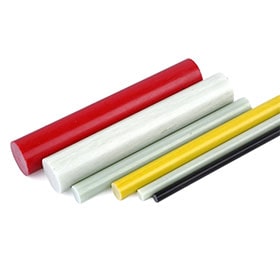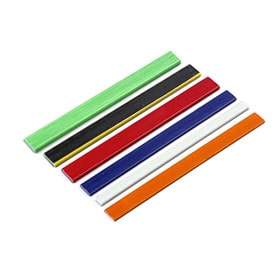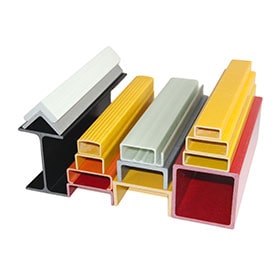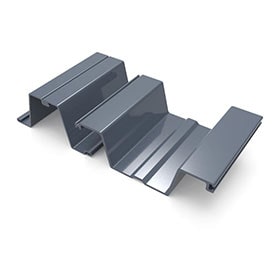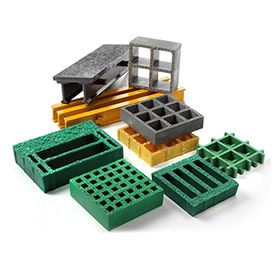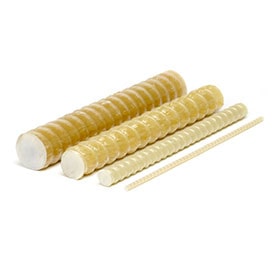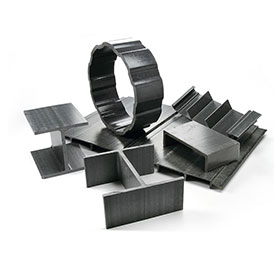China has rapidly emerged as a global hub for advanced composites, and the newest wave of GFRP bars manufacturing is transforming the way infrastructure is designed and built. Leveraging automated pultrusion lines, strict process control, and continuous R&D, Chinese manufacturers deliver corrosion-resistant, lightweight, and high-strength reinforcement that meets international standards for bridges, highways, tunnels, marine works, and industrial facilities.
What Are GFRP Bars?
GFRP (Glass Fiber Reinforced Polymer) bars are made from continuous glass fibers and thermoset resin, consolidated through pultrusion and post-treatment. Compared with steel, GFRP does not rust, has a superior strength-to-weight ratio, and offers electromagnetic neutrality—ideal for environments where durability and long service life are critical.
Key Innovations in China’s GFRP Manufacturing
- Automated pultrusion lines: Closed-loop control of resin bath temperature, pulling speed, and die pressure ensures stable dimensions and consistent mechanical properties.
- Optimized fiber architecture: Tailored fiber volume fraction and surface patterns (sand-coated, helically wrapped) enhance bond strength with concrete.
- Resin systems for harsh environments: Vinyl ester and epoxy options deliver excellent chemical resistance, fatigue performance, and long-term durability.
- Inline testing & traceability: Diameter, ovality, and tensile tests are tied to batch IDs for full project documentation.
- Scalable customization: Diameters from 4–40 mm, custom lengths, and project-specific specifications with short lead times.
Performance Advantages Over Steel
- Corrosion-proof: Ideal for coastal, de-icing salt, wastewater, and chemical plant exposure.
- Lightweight: Up to 75% lighter than steel, lowering transport and installation costs.
- High tensile strength: Excellent crack control and long-term serviceability.
- Electrical & thermal neutrality: Suitable near MRI facilities, substations, and rail systems.
- Sustainability: Longer design life, reduced maintenance, and lower embodied logistics emissions.
Applications
Chinese GFRP rebar is widely adopted in:
- Bridge decks, parapets, and barrier walls
- Coastal piers, seawalls, and port structures
- Highway pavements, retaining walls, and culverts
- Metro and tunnel linings, water treatment plants
- Industrial floors, mining projects, and precast elements
Quality Control & Standards
Manufacturers implement material traceability, accelerated aging tests, and mechanical verification aligned with international guidelines (e.g., project-specified equivalent standards). Test certificates, mill sheets, and factory inspection reports are provided for every shipment.
Global Supply & Technical Support
With mature production capacity and export experience across Asia-Pacific, the Middle East, Europe, and North America, Chinese suppliers offer full technical support—design assistance, rebar scheduling, lap-splice guidance, and onsite training—to ensure smooth project delivery.
Outlook
As infrastructure owners prioritize durability and lifecycle value, innovative GFRP bars manufacturing technology from China is set to replace steel in many corrosion-prone scenarios. Continued advances in fiber sizing, resin chemistry, and surface treatment will further extend service life and expand application boundaries.
Get Project Support
Looking for reliable GFRP bars for your next project? Contact our engineering team for specifications, samples, and a fast quotation.
 +86 15303735673
+86 15303735673 Jessica@frpzs.com
Jessica@frpzs.com
 Technical Data
Technical Data


